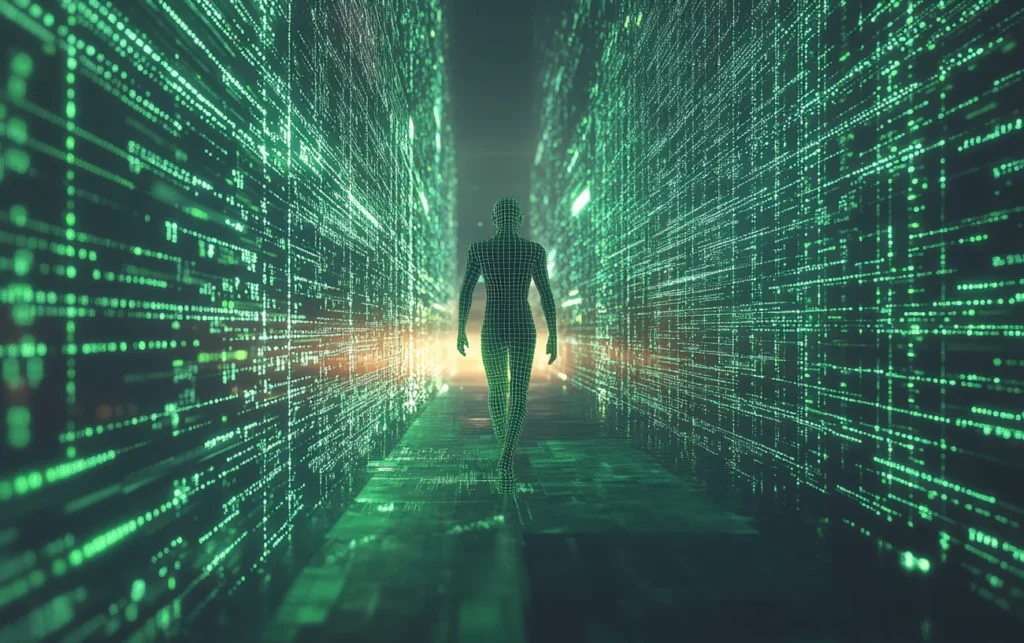The increasing sophistication of artificial intelligence (AI) has fueled both hope and fear. Researchers worldwide now question whether humanity’s future will be dictated by technological advances—and whether the world we live in is merely an illusion.
The Idea of a Simulated Universe
Melvin Vopson, an associate professor of physics at the University of Portsmouth, believes that the notion of living in a simulated universe has historical roots. According to Vopson, even religious texts contain subtle warnings about the dangers of technology. He claims that the Bible, in particular, offers cryptic insight into how reality might be more than it seems.
Vopson interprets the opening phrase from the Gospel of John, “In the beginning was the Word,” as a metaphor for the foundation of existence being rooted in a type of code—possibly even a computer program. This interpretation aligns with the popular simulation hypothesis, which posits that our universe might be a sophisticated digital construction created by an advanced intelligence. Vopson suggests that the “Word” referenced in the Bible could be analogous to a computational algorithm or code governing all existence.
Instead of dismissing the idea of a simulated universe as conflicting with religious beliefs, Vopson urges people to see it as complementary: ancient scriptures may hint at a digital origin of our reality.
The Threat of Artificial Intelligence
Vopson also emphasizes the potential dangers AI poses to humanity. As artificial intelligence systems continue to evolve, they perform increasingly complex tasks that were once exclusively human. This growing dependency on AI has led to concerns that, if unchecked, technology could dominate not just industries but life itself.
His warning echoes the fears of many experts that AI might one day surpass human intelligence and establish control over essential aspects of society. If humans fail to act now, Vopson argues, they may one day wake up in a simulated world, governed by a higher technological power—similar to the dystopian ideas explored in fiction and philosophical thought experiments.
A Call for Caution
To prevent this potential future, Vopson advocates for slowing down the unchecked spread of artificial intelligence. He warns that, if technology continues to evolve without careful regulation, humanity risks being overtaken by systems it no longer fully understands or controls. According to Vopson, the process is already underway: as machines become more intelligent, humans are becoming increasingly redundant in performing many tasks.
By sharing his concerns with The Daily Mail, Vopson aims to spark a global conversation about the trajectory of AI and its influence on our perception of reality. Whether his theory about simulated existence proves true or not, the questions raised highlight the need for a deeper reflection on the role of technology in shaping both our world and our future.

